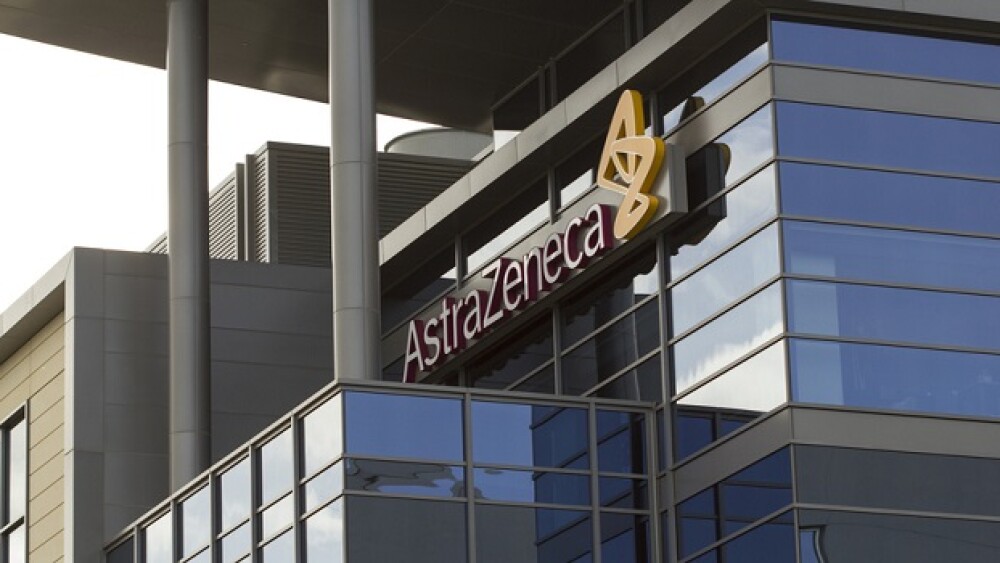More than two years after an FDA rejection, AstraZeneca has given back to FibroGen U.S. and rest-of-world rights to the HIF-PH inhibitor, though the companies will maintain their contract in China and South Korea.
Pictured: AstraZeneca’s building in California/iStock, hapabapa
AstraZeneca on Monday shut down the bulk of its roxadustat partnership with FibroGen, returning the rights to develop and commercialize the investigational HIF-PH inhibitor in the U.S. and other AstraZeneca territories to the biotech.
However, the partners will maintain their contract in China and South Korea, where roxadustat has been approved. The drug leads the Chinese market “by brand value share in the chronic kidney disease (CKD) anemia category,” according to FibroGen’s announcement. In 2023, roxadustat brought in $281.4 million in total net sales in China, according to the biotech’s full-year financial results published Monday.
FibroGen expects roxadustat’s revenues to grow further in 2024, reaching $300 million to $340 million. The forecast is driven partly by another potential China approval in chemotherapy-induced anemia by midyear.
Despite losing a powerhouse partner, FibroGen CEO Thane Wettig in a statement said that the company remains confident that “roxadustat represents an important potential therapy for patients in the U.S. and other territories where it has not yet been approved.”
“We will be evaluating opportunities to bring this innovative medicine to patients through outreach to companies that may be interested in a product opportunity to address a disease with significant unmet need and attractive commercial potential,” Wettig said.
AstraZeneca first bought into the potential of roxadustat in 2013, with an upfront payment of $350 million and the promise of up to $465 million in development milestones—plus potential future sales-related milestone payments and tiered royalties.
At the time, the companies were eyeing late-stage studies for roxadustat as a treatment for anemia associated with CKD and end-stage renal disease, leveraging its inhibitory activity against the HIF-PH protein. Through this mechanism of action, the oral small molecule drug candidate boosts the production of red blood cells, improving the body’s oxygen supply and reducing symptoms of anemia.
However, in August 2021, the FDA rejected the companies’ application for roxadustat, requesting for an additional study in a Complete Response Letter. The decision came after the regulator’s Cardiovascular and Renal Drugs Advisory Committee voted against roxadustat’s approval.
FibroGen and AstraZeneca ran a subsequent Phase III study—dubbed MATTERHORN—to further evaluate the efficacy of roxadustat for anemia in patients with transfusion-dependent lower-risk myelodysplastic syndromes. In May 2023, the partners announced that MATTERHORN did not meet its primary efficacy endpoint, with roxadustat unable to elicit significantly higher transfusion independence than placebo.
Tristan Manalac is an independent science writer based in Metro Manila, Philippines. Reach out to him on LinkedIn or email him at tristan@tristanmanalac.com or tristan.manalac@biospace.com.






